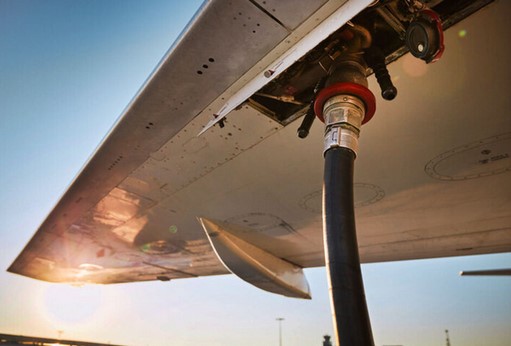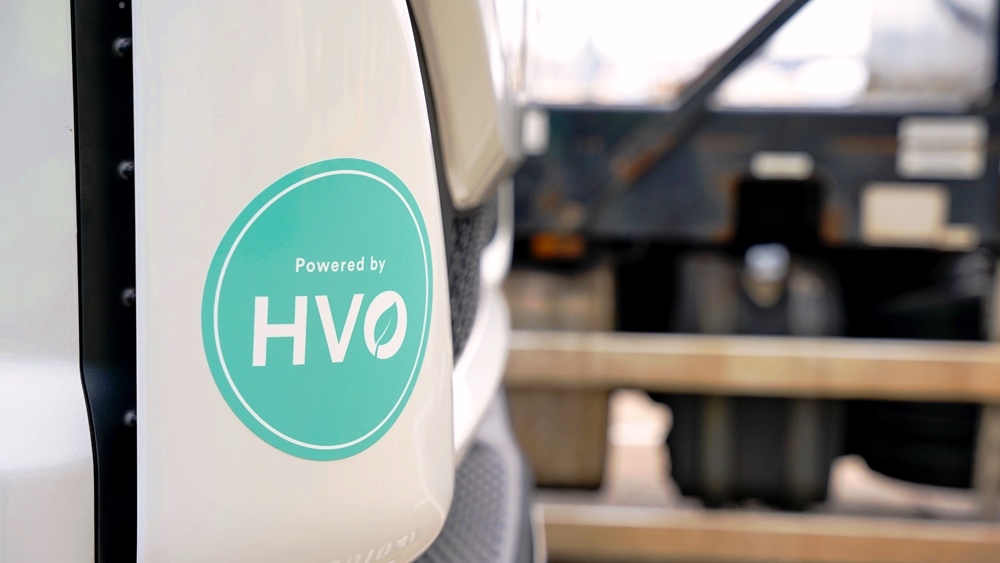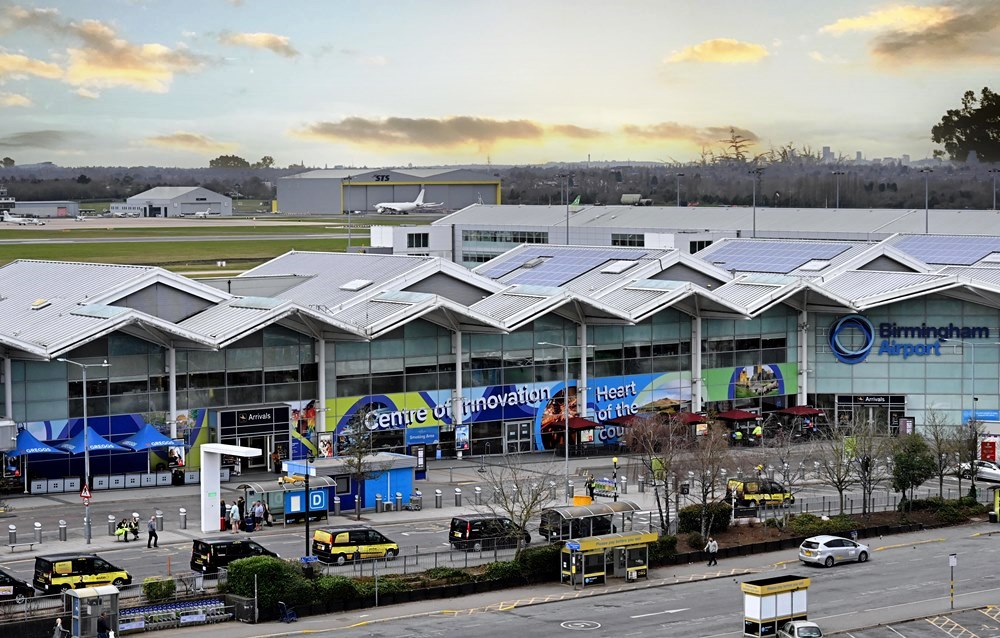EasyJet's Amy Johnson Flying Initiative ups new entrant female co-pilots by 48%

In the 12 months to September 2017 13% of the new entrant pilots it selected were female, up from 6% in 2015 when easyJet launched its Amy Johnson Flying Initiative. This follows an ambitious target set last year by the airline aiming for 20% of the new entrant co-pilots to be female by 2020.
EasyJet’s Head of Flight Operations, Captain David Morgan said: “We are very pleased to welcome a further 49 female pilots to easyJet this year – a further step towards our longer term ambition to achieve 20% by 2020 – at a time when worldwide only 4% are female. This means we now have 180 female pilots flying for us, over a third of whom are Captains.
“Flying is a rewarding career and we want to attract the best people to fly our customers around Europe.
“We value diversity and having a workforce that reflects our customer base and so our Amy Johnson Flying Initiative is about inspiring a new generation of female pilots. We look forward to welcoming more female pilots at easyJet in the coming year.”
Aviation Minister, Baroness Sugg, said: “The opportunity to be at the forefront of our thriving aviation industry is one that should be available to everyone. I’m delighted to see the results of EasyJet’s initiative, and welcome their commitment to encouraging more women to become pilots and to closing the gender pay gap. Diversity and equality in a workforce is essential for employing talented people and ensuring that our aviation sector remains among the world’s best.”
The current low number of female pilots also affects easyJet’s gender pay gap, which it is publishing for the third year running. easyJet has done this voluntarily since 2015 and is now reporting under the new UK gender pay gap requirements.
The gender pay gap for all UK employees (based on mean hourly rate of pay) was 51.7% in 2017. This is strongly influenced by the salaries and gender make-up of easyJet’s pilot community, which make up over a quarter of its UK employees. As pilots are predominantly male and their higher salaries – an average of over £92,000 for UK pilots, compared to £24,800 for cabin crew and £53,700 for management - significantly increases the average male pay at easyJet.
EasyJet’s salaries for its crew are collectively agreed, which means that the salary and other pay elements for its pilots and cabin crew are exactly the same for men and women. These pilots and cabin crew make up over two thirds of easyJet’s UK employees.
As the proportion of female pilots increases, with the new entrant co-pilots completing their training and entering the workforce, easyJet is confident this gap will reduce.
EasyJet’s Head of Flight Operations, Captain David Morgan: “EasyJet’s male and female pilots and crew are paid exactly the same salary for their work. We have been working for two years to recruit more female pilots and as more female pilots join easyJet, our gender pay gap will reduce. We are committed to paying our female employees fairly and providing career development and supporting to them.”











